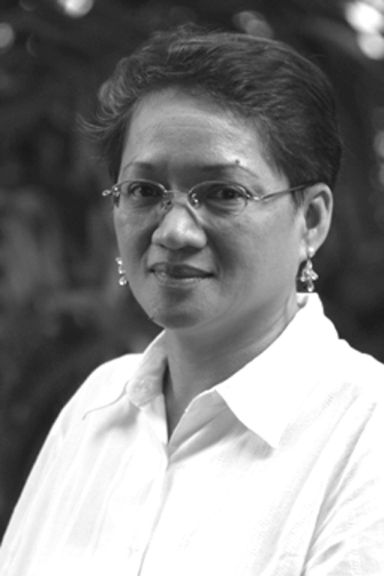
APALISOK
While President Rodrigo Duterte continues to criticize Catholic bishops and priests for taking a different view on the extrajudicial killings that characterize his anti-drugs war, a top ranking police official in Central Visayas has emphasized the need to collaborate with the Catholic Church in fighting the drug problem.
Chief Supt. Noli Taliño, Police Regional Office (PRO-7) director, pointed this out during the launch of the Cebu Archdiocesan Program for Drug Dependents (CAPDD) at the San Pedro Calungsod shrine at the SRP in Cebu City last week.
Aside from the PRO-7 chief, the launch was attended by a diverse group of local chiefs of police, barangay captains, officials from government agencies and priests assigned in different parishes throughout the province.
Cebu Archbishop Jose Palma and Auxiliary Bishop Dennis Villarojo intended the event not only for the formal launch of two Archdiocesan drug recovery programs but also an “encounter” among community stakeholders who, eight months after President Duterte declared his brutal war on drugs, are still at a loss on how to deal with drug offenders who voluntarily surrendered under the so-called Tokhang program of the PNP.
Director Noli Taliño had some astounding figures to support his agency’s campaign in Central Visayas: more than 106,000 drug users and pushers have surrendered throughout the region resulting in the reduction of crimes by as much as 30%. In Central Visayas, about 70-75% of crimes are attributed to illegal drugs, according to the police official.
At the moment, the regional police office has its hands full profiling and monitoring the drug surrenderees. The job entails checking whether they have pending cases and observing their moves when they go back to their respective communities.
Taliño did not categorically say, but I think man-hours of administrative work has dealt the agency a heavy burden and could impact on crime detection and prevention which is the mandate of the law enforcement agency.
That is why he was upbeat upon knowing the Church and lay volunteers have come up with a doable and time-bound drug rehab program. He startled the gathering when he said that the PNP and, for that matter, other government agencies have no capability in the field of drug rehabilitation.
Last week, President Duterte inaugurated the drug rehab facility donated by a local businessman and the Filipino-Chinese Chamber of Commerce in Samal Island, Davao del Norte. The facility was built at a cost of half-a-million pesos and can accommodate some 1,200 drug surrenderees in Davao del Norte.
And wasn’t it only last year when the DILG and the Department of Health made plenty of buzz when they announced the opening of a drug rehab facility inside the Fort Magsaysay in Nueva Ecija? The 10,000-bed facility was also donated by another Chinese businessman.
In the context of what PRO-7 director Talino said, I wonder who are the professionals running these facilities, and more importantly, what is the format of the rehab program?
This is important because as Taliño made clear, they are not trained for the job. I haven’t heard of any program sponsored by the health department either. If there was, local government units would like to know if there are good practices to be shared with communities where the police, barangay and church officials are practically clueless in this crucial stage of helping drug dependents recover.
Early this year, Department of Finance Secretary Carlos Dominguez III announced that China will give the PH a grant of P724.16 million to fund the construction of drug rehab facilities and procurement of equipment for public security. The grant was supposed to be a fruit of the two-day PH mission to China in January 23-24. Dominguez also announced that China also intends to send in experts to train PH counterparts. Whether the training is for security or for rehabilitation professionals, the Finance secretary did not say. Maybe Congress should check what happened to the Chinese commitment.
One thing is sure, the Church in Cebu has done very well on its own in the great mission of saving people from destruction.
In the case of SuGod led by Fe Barino, there is no state support for professional recovery coaches, nor logistics for drug dependents who enroll in the 10-day intensive program. It thrives on the support of volunteers from Cebu’s charismatic community and corporate sponsors who contribute for provisions like food and other items.
SuGod has graduated more than 300 recovering drug dependents since it started in August. The success rate is quite good, at more than 90%, but this is fluid at best in the sense that every day is a struggle for the recovering drug dependent.
Meanwhile, Fr. Carmelo Diola’s Labang has some logistical support for its pilot program in Subangdaku, Mandaue, thanks to a staunch supporter in the person of Subangdaku barangay captain Ernie Manatad who made it possible for the recovery of 25 drug dependents.
Disclaimer: The comments uploaded on this site do not necessarily represent or reflect the views of management and owner of Cebudailynews. We reserve the right to exclude comments that we deem to be inconsistent with our editorial standards.




